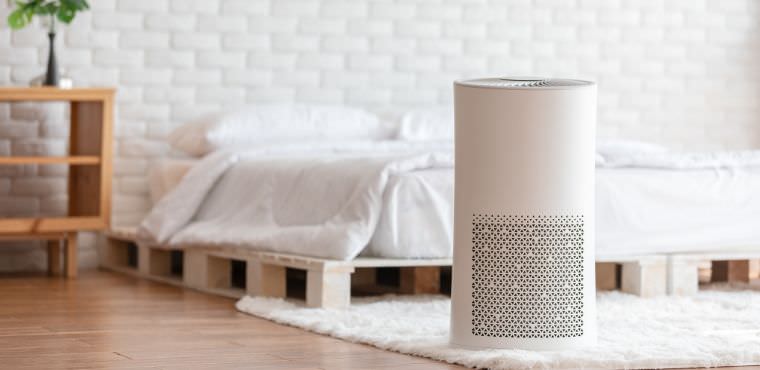Since the inside of your home is often closed off, it can collect lots of different particles that float around in the air. These then may exacerbate allergies in some people and cause various problems, such as headaches and fatigue. Take to heart these guidelines on how to improve air quality in your home if you are having trouble with unwanted particles indoors.
Minimize Surface Particle Accumulation
Stopping particles from accumulating in the house is a given. But, what steps should you take to do so? For one, you should vacuum any areas on the floor where there is a soft pile. These include carpets and rugs, which can trap particles in the small spaces that are present on their surfaces. Fabrics are also potential homes for allergens, so you should wash items like bedsheets and curtains in hot water. This will clear out particles and kill any small dust mites that might be present.
Obtain an Air Purifier
While you take care of dust and allergens that have already landed and clung onto various surfaces, cleaning those areas does not get rid of anything still floating in the air. Obtain an air purifier for your home to alleviate that problem. There are different varieties that provide different benefits. A UV purifier can kill off bacteria, mold spores, and viruses, while an ionic purifier traps these pathogens as well as smoke and dust. Filter-based purifiers trap any larger pollutants that they suck in. Take note that air purifiers won’t get rid of odors in the air, but they will reduce the number of potentially harmful particles.
Get Your HVAC System Cleaned
If you want to improve air quality in your home, you must get your HVAC system cleaned. Your HVAC system can possibly worsen your air quality if it is left dirty for too long. This is because particles can enter the vents and then be circulated around the entire house whenever you turn on the air conditioning or heater. If you’re unsure whether your HVAC system could be contributing to worsened air quality, look for signs that your ducts need cleaning, such as grills that are full of visible dust or increased heating and cooling utility bills. The latter may be an indicator that the ducts are clogged up with dirt and dust, forcing them to work harder when activated.






